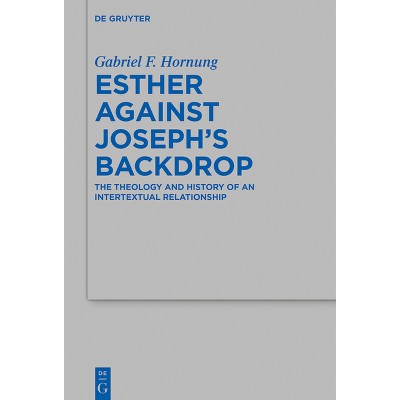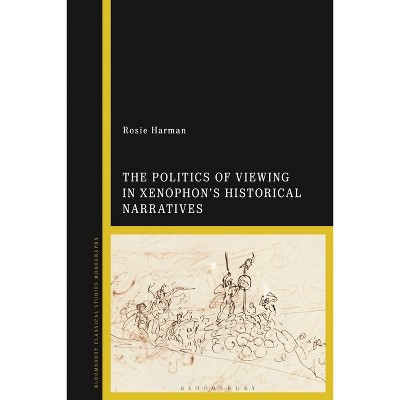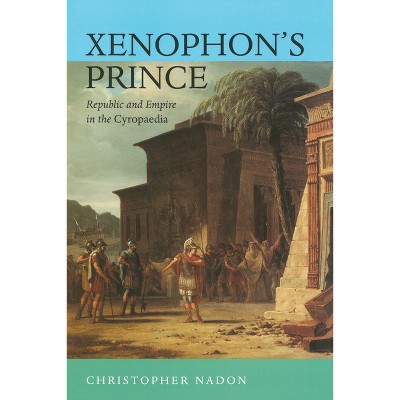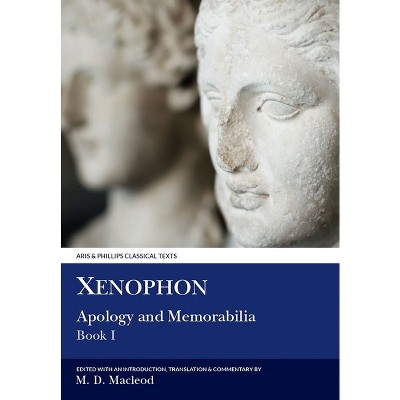Xenophon's Virtues - (Xenophon Studies) by Gabriel Danzig & David M Johnson & David Konstan (Hardcover)

About this item
Highlights
- While Plato's and Aristotle's theories of virtue have received extensive scholarly attention, less work has been done on Xenophon's portraits of virtue and on his attitude towards the theoretical issues connected with it.
- About the Author: G. Danzig, Bar Ilan Univ., Ramat Gan, Israel; D. M. Johnson, Southern Illinois Univ., Carbondale, USA; D. Konstan, New York Univ., USA.
- 498 Pages
- Literary Criticism, Ancient & Classical
- Series Name: Xenophon Studies
Description
About the Book
In contrast to Plato and Aristotle, who rigorously adapt their conceptions of virtue to their philosophical theories, Xenophon combines the analysis of a Socratic with the historical grounding of a historian. This volume aims to fill a lacuna in claBook Synopsis
While Plato's and Aristotle's theories of virtue have received extensive scholarly attention, less work has been done on Xenophon's portraits of virtue and on his attitude towards the theoretical issues connected with it. And yet, Xenophon offers one of the best sources we have for thinking about virtue in ancient Greece, because he combines the analytical interests of a Socratic with a historian's interest in real life.
Until recently, scholars of Xenophon tended to focus either on the historiographical writings or on the philosophical writings (chiefly Memorabilia, with some attention to the other Socratic writings and Hiero). Cyropaedia was treated as a separate entity, and Xenophon's short and more technical treatises were generally studied only by those with particular interest in their specialized topics (such as horsemanship, hunting, and Athenian finances). But recent work by Vincent Azoulay and by Vivienne Gray have shown the essential unity of his writings. This volume continues this pan-Xenophontic trend by studying the virtues across Xenophon's oeuvre and connecting them with a wide range of Greek literature, from Homer and the tragedians to Herodotus and Thucydides, the orators, Plato, and Aristotle.
About the Author
G. Danzig, Bar Ilan Univ., Ramat Gan, Israel; D. M. Johnson, Southern Illinois Univ., Carbondale, USA; D. Konstan, New York Univ., USA.











